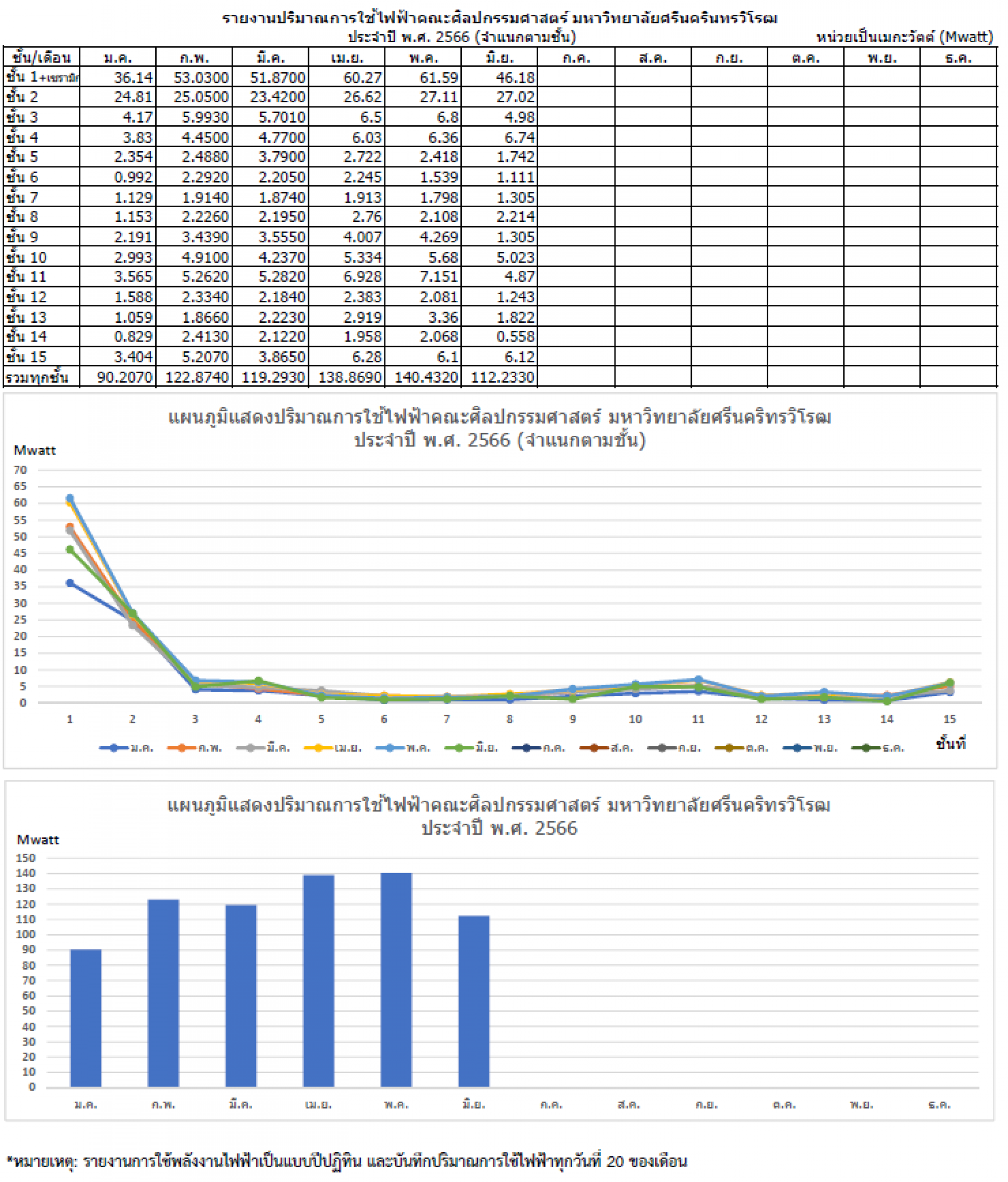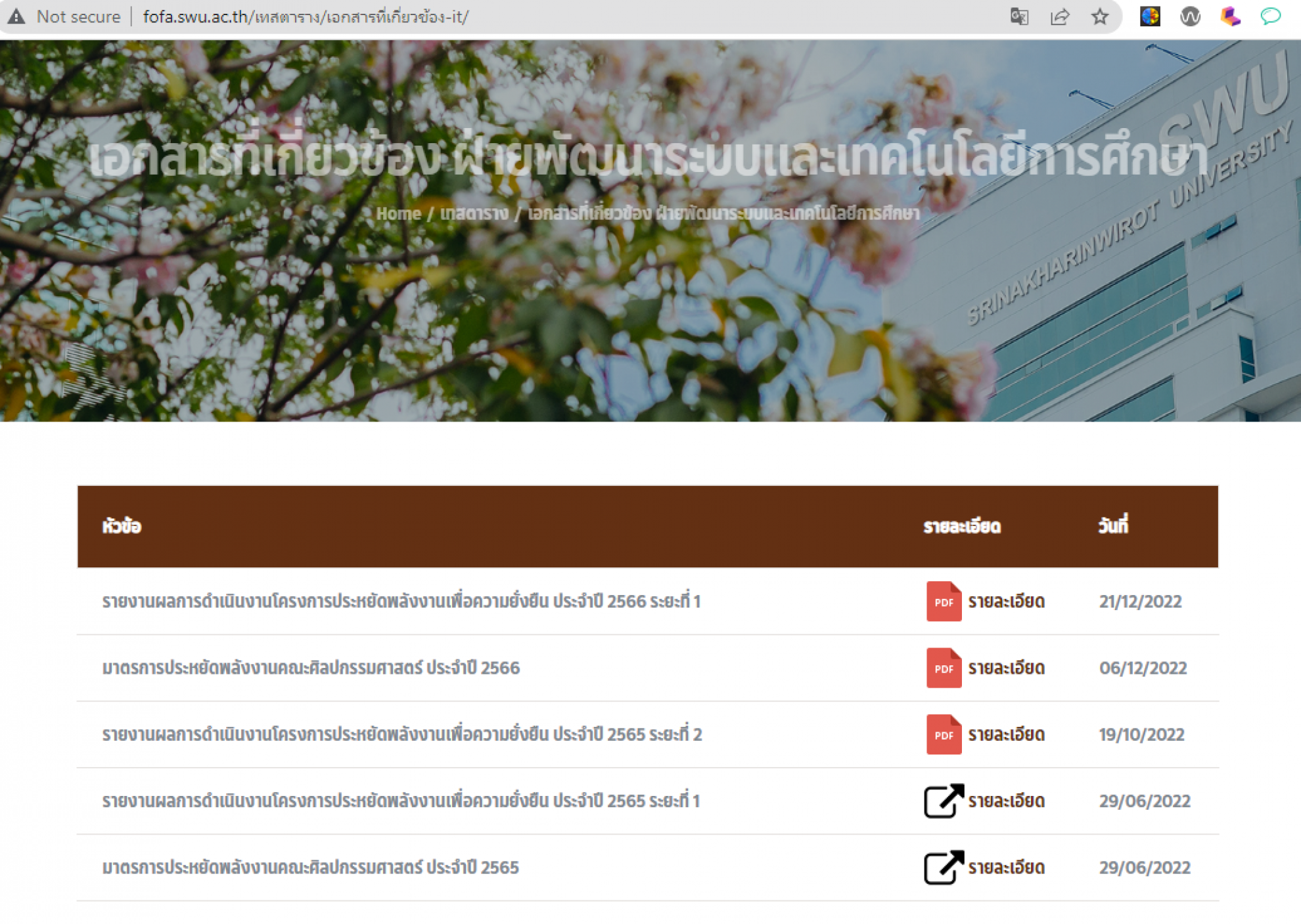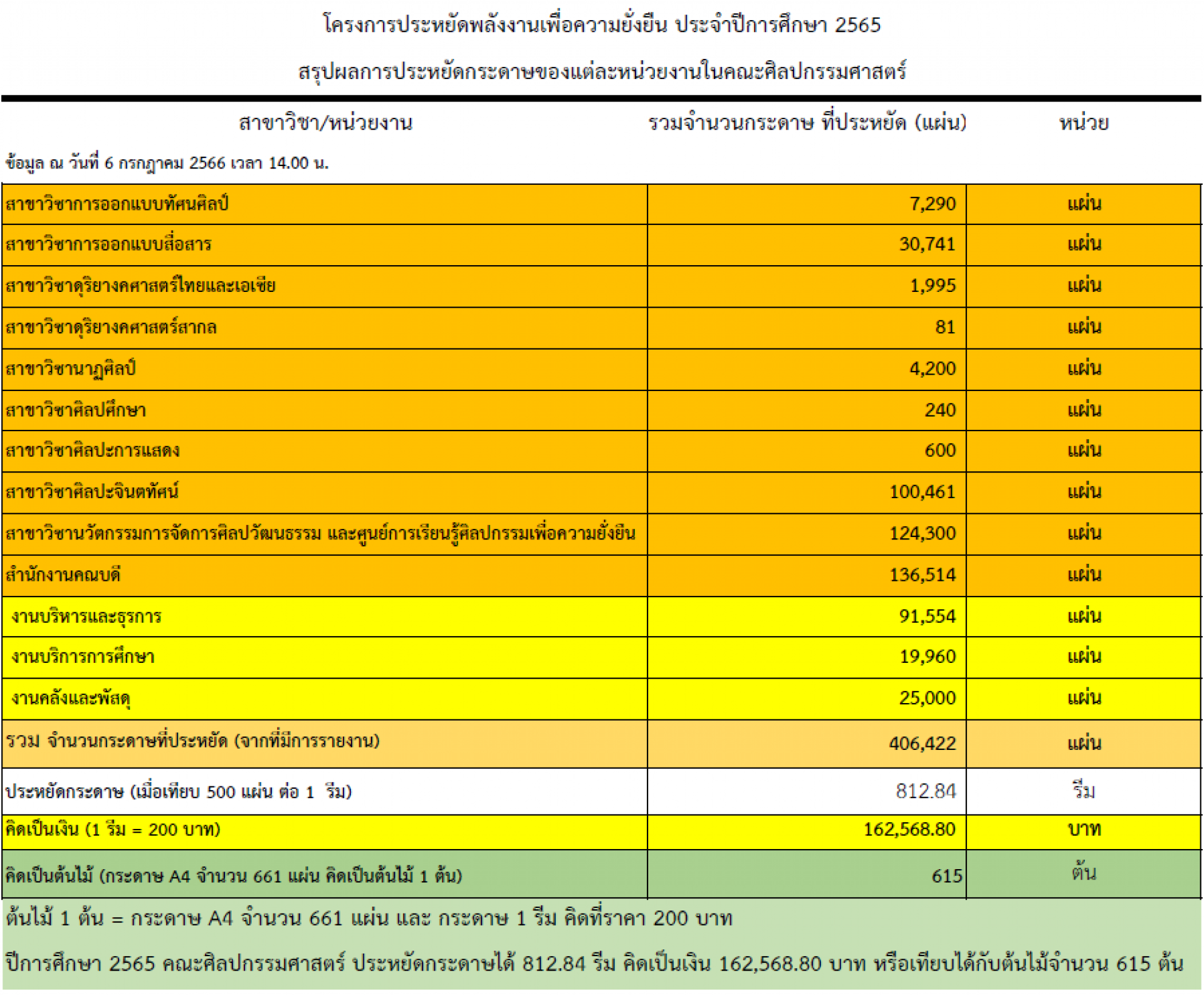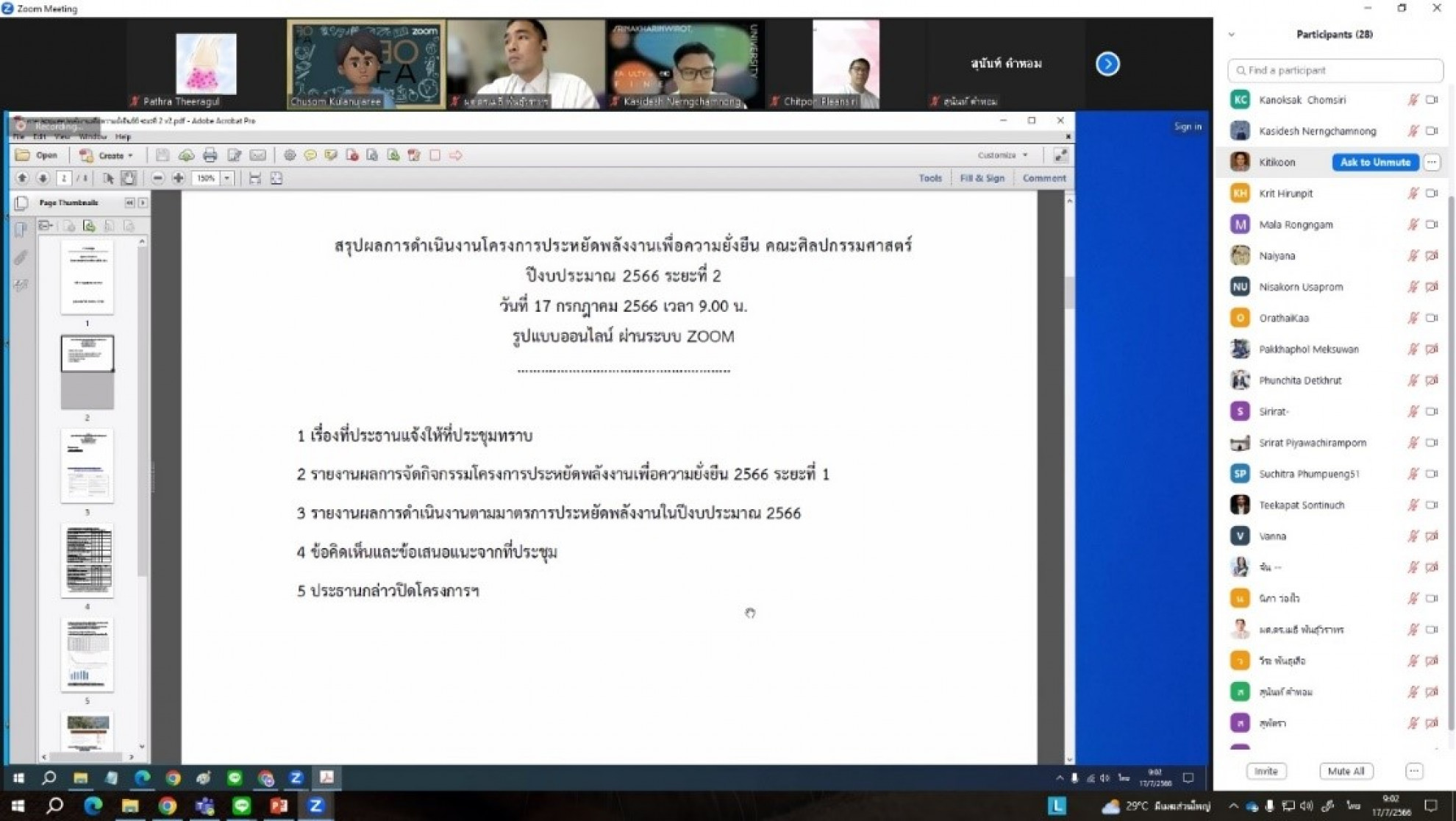





| Target | Indicator | Result |
|---|---|---|

SDG 7
AFFORDABLE AND CLEAN ENERGY
|
||
| 7.3 By 2030, double the global rate of improvement in energy efficiency | 7.3.1 Energy intensity measured in terms of primary energy and GDP | The "Sustainable Energy Conservation Project – Phase 2" contributes to reducing energy intensity, which is measured as the ratio of primary energy consumption to GDP, by promoting more efficient energy use among participants. By raising awareness and encouraging energy-saving behaviors such as reducing electricity, water, paper, and increasing the use of renewable energy sources, the project helps lower overall energy consumption per unit of economic output. Faculty members and staff actively participated in these efforts, demonstrating a positive shift in their attitudes toward energy efficiency. As a result, the project supports the broader objective of minimizing energy intensity, contributing to a more sustainable and efficient use of resources within the Faculty of Fine Arts. This aligns with both the university’s and faculty’s goals of improving operational efficiency while adhering to principles of good governance. |
Project Objectives:
To engage faculty members, staff, and students of the Faculty of Fine Arts in energy conservation efforts, fostering awareness and promoting positive attitudes toward energy-saving practices, including electricity, water usage, paper consumption, and the adoption of renewable energy sources.
To encourage behavior change in energy consumption, helping participants recognize the value of energy and use it efficiently for maximum benefit.
To align with the university's strategy of becoming a high-performance organization with good governance, and the Faculty of Fine Arts’ strategy of efficient, collaborative management with a focus on results under the principles of governance.
As a key division of Srinakharinwirot University, the Faculty of Fine Arts recognizes the importance of energy conservation and has developed the "Sustainable Energy Conservation Project" to raise awareness and promote action across the organization. This initiative involves faculty, staff, and students working together to reduce energy consumption in areas such as electricity, water, paper usage, and the adoption of renewable energy sources. In Phase 1, which began on November 1, 2022, the faculty and staff collaborated to propose strategies and energy-saving measures for the Faculty of Fine Arts in the 2023 fiscal year. To build on the success of Phase 1 and ensure continued progress, the "Sustainable Energy Conservation Project – Phase 2" was initiated. This phase aims to involve all members of the faculty in further activities and cultivate an awareness of the importance of energy conservation.
A total of 32 participants engaged in the project, representing 88.89% of the target group. Among the participants, 90% demonstrated awareness of the importance and value of reducing electricity, water, paper, and renewable energy consumption. Faculty and staff actively contributed to discussions about energy-saving measures and participated in paper reduction activities. They displayed positive attitudes toward energy conservation, including electricity, water, paper usage, and renewable energy practices. The project successfully facilitated behavior change, encouraging participants to value and use energy resources more efficiently. The activities aligned with the university’s strategic goal of becoming a high-performance organization with good governance and the Faculty of Fine Arts’ strategy of efficient management focused on achieving results under the principles of governance.



